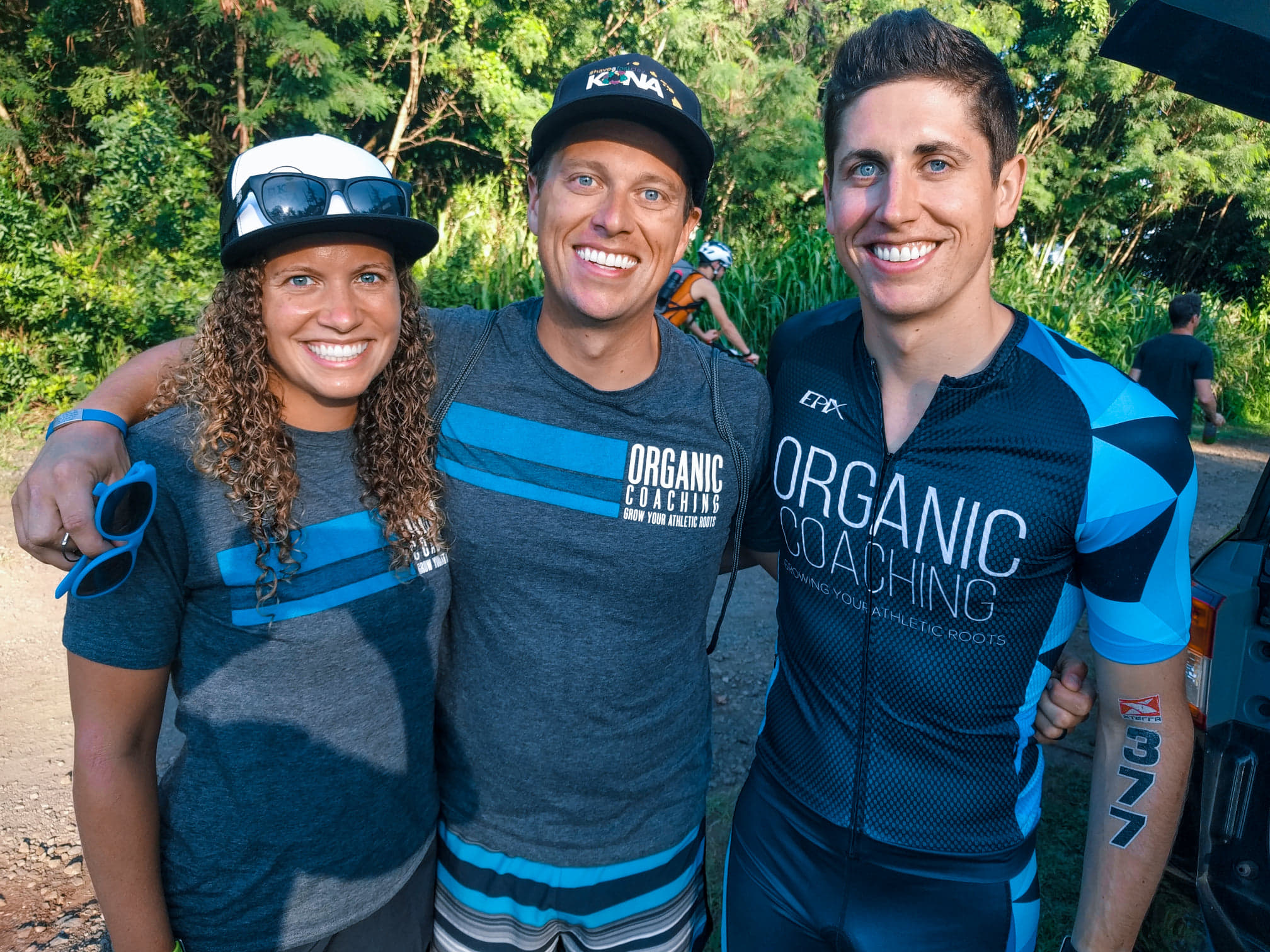
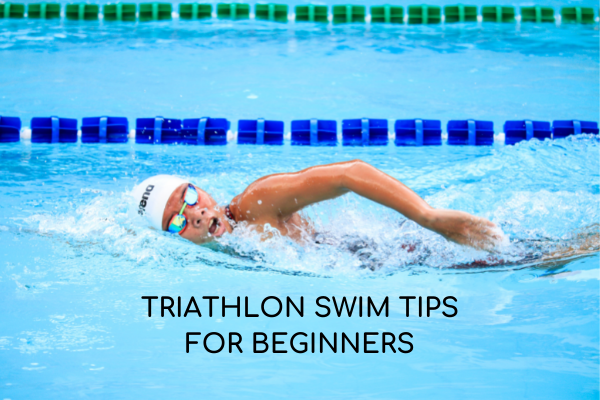
It is quite common for people to shy away from triathlons because of one discipline in particular: The Swim.
More often than not, when the sport of triathlon is suggested, we hear…
“But I don’t know how to swim”
“I am not very good at swimming”
“I’m scared of swimming in open water”
Therefore “Triathlon isn’t for me.”
We were all beginners at some point in time. So if you are truly interested in triathlon, don’t let the doubt stop you! There are ways to gain confidence and the ability to swim to be able to do your first triathlon!
For those who do not know how to swim, we highly recommend private lessons at your local community aquatic center. During private lessons, the instructor will provide the 1:1 attention needed to learn breathing, buoyancy and proper stroke techniques.
More specifically, the instructor will encourage you to practice
Learning these skills will help you get comfortable in the water. Group lessons are another option as well. These are not tailored per the individual but are generally cheaper and good for those who want to learn with others.
If you are a competent swimmer but maybe it has been a while since you have swam in a pool, it is highly suggested to get to the pool once or twice a week to regain the feel for the water. In the beginning, it is expected for swim workouts to be much shorter in distance/duration with frequent and longer breaks. Then consistently go to the pool 2-3 days a week to build endurance and muscle memory. As time progresses, you will be able to swim longer with shorter breaks.
If you have a fear of open water, a triathlon with a pool swim is a great option to start! The conditions you practice in on a weekly basis will be similar to the conditions you will race in which will alleviate some anxiety. Also, most of these races are self-seeded, so you will start with others with similar abilities based on your projected swim time.
To gain confidence in open water, it is best to swim with others or have an additional person on a kayak or paddleboard watch you. Swimming parallel to the shore is best to start so that exiting is easier and you stay away from potential boats depending on the type of waterway you are swimming in. Lastly, practice sighting which will be important in a race to make sure you are staying on course and not swimming an extra distance. When sighting, pick a target in the distance and focus on swimming straight to it. Work on incorporating lifting your eyes above the water so that you look like an alligator peeking out of the water. Lifting your whole head out of the water to sight creates inefficiencies and strain on the neck and back.
It is highly recommended to have the following
Whether it is the beginning of your journey in swimming or restarting your journey in swimming, remember to be patient with yourself and focus on one skill at a time. It’s practice that makes progress.
READ MORE: SWIM GEAR TO IMPROVE YOUR PERFORMANCE
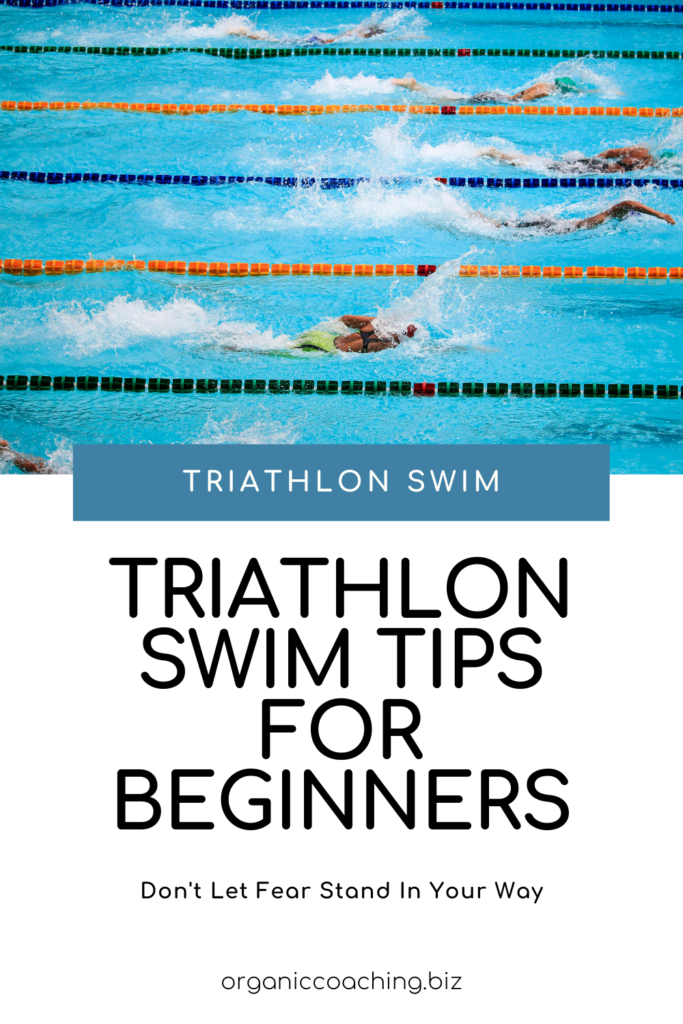
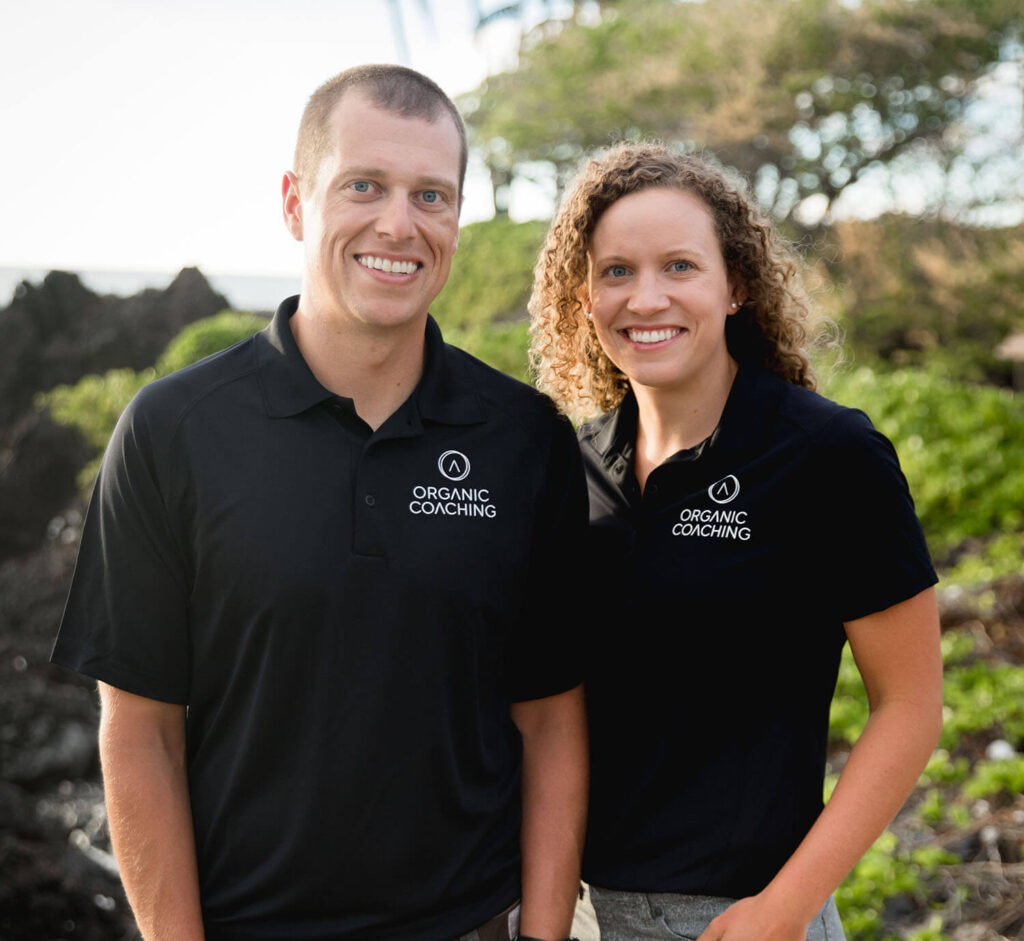
Carly and Tyler Guggemos built Organic Coaching in 2014 with a simple philosophy that works. The idea is to take what you have and grow it to get faster, fitter and stronger. And to do it with the time you have – not the time you wish you had.
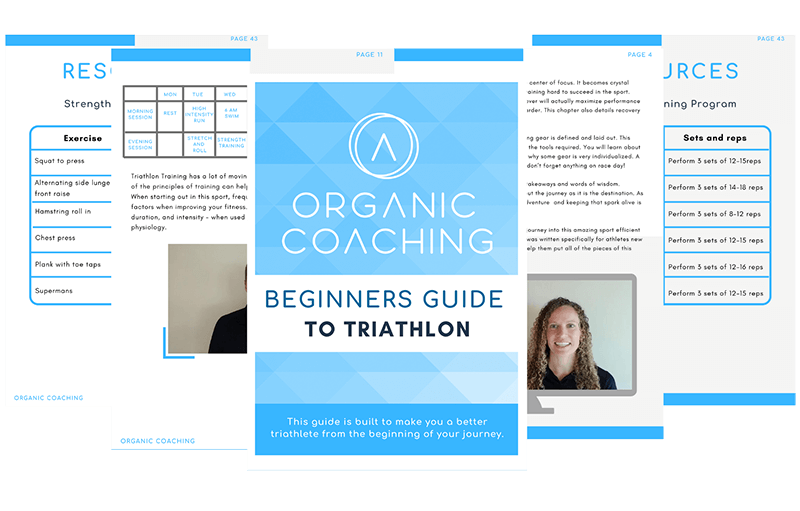
For athletes who are ready to take their training to the next level while still thriving and succeeding in their professional and family life.
Copyright © 2024 Organic Coaching LLC